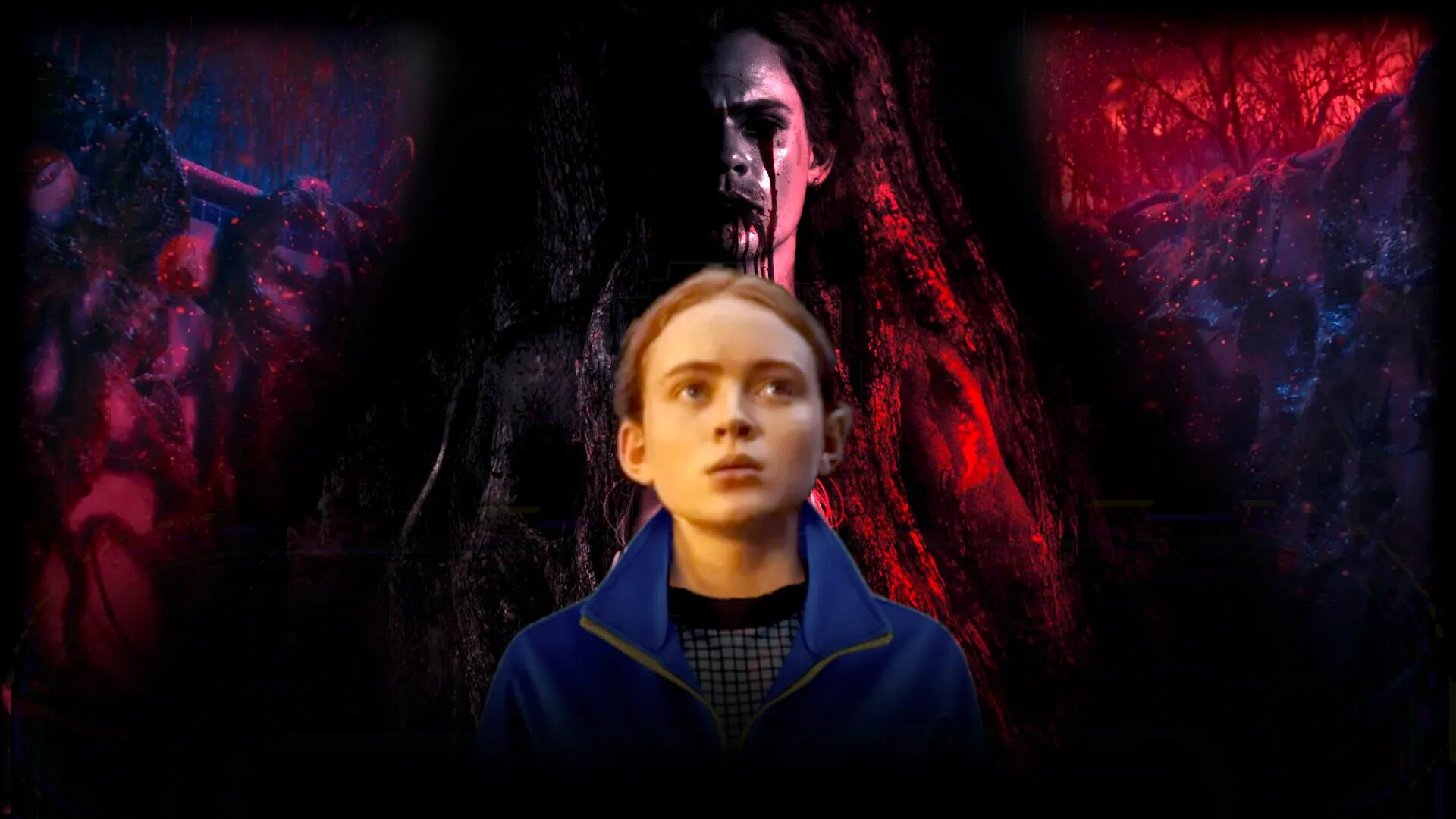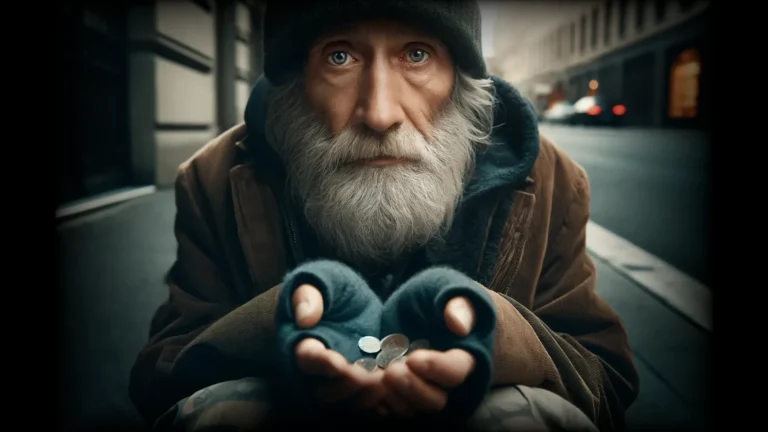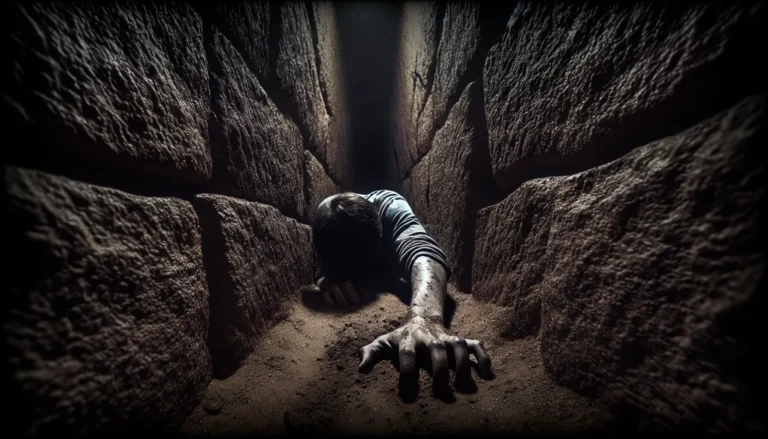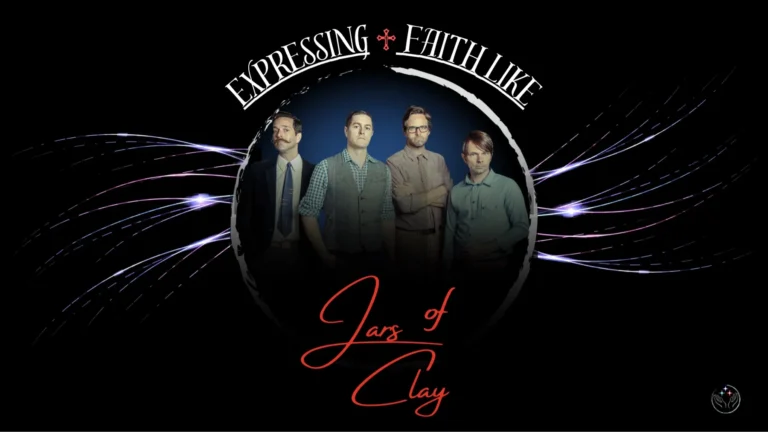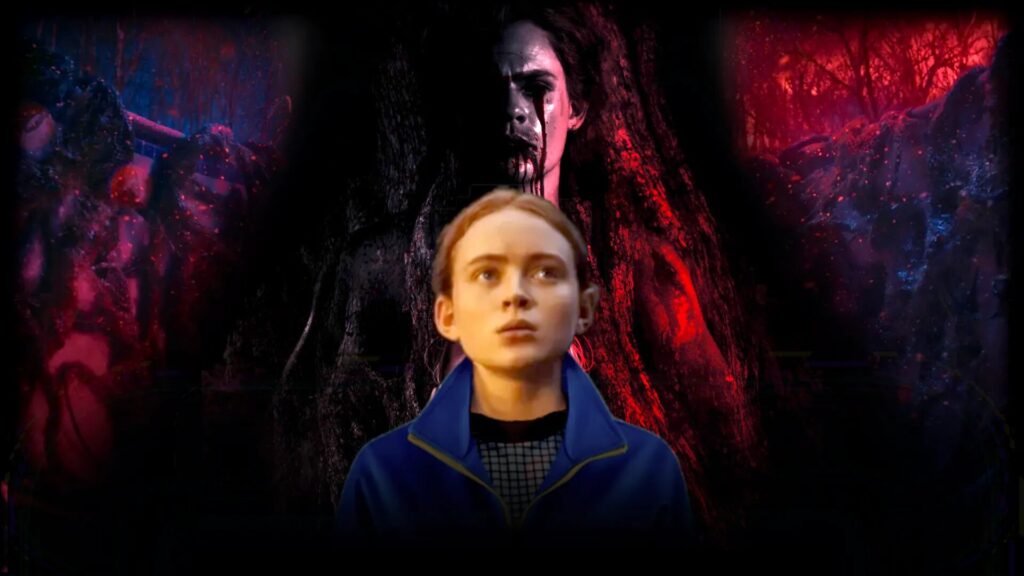
[ Spoiler alert for those who haven’t read part one of Max’s journey. You have been warned. Find the article here: “Marked By Trauma” ]
We all desire acceptance; we all want to be understood. It’s innate. And I say that not only about dark times. It could be any sense of understanding. It allows for a community of family and friends. In this day and age, there’s A LOT of stigma and stereotypical judgment. Finding a community that understands you is easier said than done. Although self-dependency and reliance are strengths, one cannot deny the benefits of being understood. The benefits of being understood allow for growth and stability. It opens the door for healing…
It doesn’t hurt me.
Do you want to feel how it feels?
Do you want to know that it doesn’t hurt me?
Do you want to hear about the deal I’m making?
The story of Max Mayfield is a perfect example of this experience. As discussed before, Max’s personal story includes the experience of watching her brother’s gruesome murder. As a result, she develops PTSD — a disability that is widely stigmatized and misunderstood.
With all that’s been said, there is such a thing as an “honest mistake.” Just because we hurt someone doesn’t mean it was by intent. The stanza “It doesn’t hurt me” involves emotions of being misunderstood. On one end, it’s the masking of your unintended scars. Someone you love can hurt you, and then you cover it up with, “Don’t worry about me. I’m fine.” The song “Running Up That Hill” by Kate Bush is both a challenge and an invitation to break this barrier. Do you want to know the truth? Do you want to know how I feel? Are you sure? Then let’s make a deal… I’ll put in the effort to understand you if you put in the effort to understand me.
Let’s replace the stigma of mental illness with a desire for patience and understanding.
Max witnessing her brother’s gruesome death was a moment seized by our main antagonist, Vecna. It was an opportunity to mark Max as his next victim. Not only did our antagonist kill Max’s brother, but he plans on exploiting that trauma to kill Max as well. She has one day left to live.
Part of the torture of being among Vecna’s victims is the anticipation. You know your death is approaching, and you’re powerless to stop it. As we said in part one, the threat of Vecna is internal — not external. Such is the nature of mental illness.
Chrissy hasn’t been the only victim subjected to this trance. There’s a seventeen-year-old boy named Fred Benson who caused a car accident on a small rural road. But instead of calling emergency personnel, he chose to drive away. The lack of help assured the death of the other family. The police never received a call. It has led Fred to develop immense guilt. Could their lives have been spared if help had arrived? It’s a moment of guilt taken advantage of by our antagonist, Vecna. This advantage would be the cause of Fred’s death. Vecna’s sickening sense of humor is apparent as he chooses to kill Fred in the middle of a road. The irony is to mock Fred’s desire for reconciliation. It was Vecna’s second victim. He would then target Max.
To be struck with Vecna’s curse involves falling into a deep trance that no one can wake. You become physically paralyzed and imprisoned in your mind. Vecna takes the form of your immense guilt. Your last moments are of Vecna in his true identity as he ensnares you in a trap. Being powerless, you watch as he puts his hand on your head. Back in the real world, your body begins to levitate. You become out of reach; no one can save you. It exemplifies the feeling of helplessness by your family and friends. They’re forced to watch your death from afar. The moment Vecna puts his claws on your head triggers a supernatural force that breaks every bone in your body. Blood leaks from your eyes as they are forced to the back of your head. The process is complete. Vecna is one death closer to joining the physical world. It’s a gruesome scene that exemplifies the unseen harshness of mental illness. It’s a disturbing incident, yet I applaud the writers of the show for bringing the harshness of mental illness to light.
Max knows her time is growing short. Tomorrow is her last day. But she has one more letter to share — a letter to her brother, Billy. Despite initial pushback, her friends drive Max to her brother’s grave. She desires to be alone with Billy one last time…
The entirety of Max’s story revolves around her deep hurt involving self-guilt. She blames herself for not doing more. Yet in retrospect, she’s done more for Billy than anyone else could afford. We are introduced to Max in season two. She’s a thirteen-year-old girl from a broken home. Max is a victim of childhood abuse — both physical and emotional. It has made her grow a thick skin and a sense of independence. At the same time, she develops insecurity and harshness. But despite the circumstances, we see Max’s compassionate side. We watch Max in her immense desire to save others. It’s a side that no one expected. As she turns fourteen (in Season Three of the show), her attitude towards her brother has shifted. Yes, she’s still abused and neglected. And yes, she still isn’t fond of Billy. But she’s one of the few townspeople who knows about supernatural forces. It has allowed Max to see what’s going on in the moment. She realizes that Billy is also a target of Vecna. It’s not obvious, but it’s apparent nonetheless. Vecna decides to possess Billy as a “puppet.” Billy is unable to fight back. Max catches onto this very quickly.
Despite the threat from Billy’s possession, Max pleads with the other heroes to keep Billy safe. She was no longer the thirteen-year-old who hated Billy. In a year timeframe, she had learned the importance of patience and understanding.
All of this shows one thing: Max’s pure and compassionate heart. Yes, she can be harsh in social situations. And yes, she still struggles with childhood abuse and neglect. But through it all, Max was the only one among our heroes who pleaded to save Billy. Despite this, she remains convinced she is responsible for not doing enough. Her deep sense of guilt did not fit the facts of it all. The only harshness she had against Billy was as a thirteen-year-old girl enduring childhood abuse. Again, her pure and compassionate heart is apparent…
For the most part, Max’s approach to Billy is a good example of desiring reconciliation. She got it right in considering that maybe the other person is doing the best they can with what they have. However, she undervalues her value and well-being. But sometimes, the best way to respect others is to respect ourselves. Kate Bush’s song expresses this divide. May we all promote honesty in admitting past and present hurts.
You don’t want to hurt me,
But see how deep the bullet lies.
Unaware, I’m tearing you asunder,
There is thunder in our hearts.
The show’s writers made it clear that Vecna is the embodiment of depression and mental illness. We can also view Vecna as an epitome of Satan himself. Both Vecna and Satan use the same tactics: Validate first, then gaslight. This is what happened between Satan and Eve in the Garden of Eden. Satan first validates (“Has God indeed said, ‘you shall not eat of every tree of the garden’?”). Next, he gaslights (“You will not surely die…”). What Satan did to Eve is what he does to us today. In the case of Max, we see Vecna recognizing Max’s love for her brother (validation). Then, we see Vecna pushing the narrative that Max’s inability to save Billy is from a secret desire for Billy to die (gaslight). Vecna finds a small kernel of truth to twist the entire narrative into what it never was. This leads to the death of Vecna’s victims.
A critic is a person who expresses an unfavorable opinion of something. It’s commonplace for society to declare the best critics take public opinion and turn it upside down. It’s convincing the public of a blatant lie — all for the sake of looking witty. The bigger the lie, the wiser you look. It’s highly unethical. With that said Satan is the greatest of critics.
Remember: Satan’s goal is never to promote truth. Far from it. Rather, Satan’s goal is for you to worship him — not God. Satan has no other motive. Satan deems it worthwhile if his bombardment of lies and deception means for you to be his servant. Let’s say it again: He has no other motive. Don’t let Satan have a stronghold on your heart. When in moments of immense guilt, don’t rely your answer on Satan’s lies. Instead, rely on God’s truth. Self-harm doesn’t lead to the answer. Nor is self-harm a product of God’s voice. It’s through self-honesty, self-compassion, and our love of God that we find the answer. Rest assured, there is an answer. And the answer God holds is one of freedom and love.
Unbeknownst to our heroes, we see Max fall into a trance faster than expected. It’s a day too early. Max remains alone in an unbreakable trance while her friends wait patiently by the car. Just as with Fred, we see Vecna toying with Max. He plans to kill her at her own brother’s grave. He takes the form of her brother as a sign of mockery. Satan has the same level of harshness and cruelty as Vecna. Thus, we see the true nature of Satan.
Is there so much hate for the ones we love?
Tell me, we both matter, don’t we?
Max is now trapped in her own mind. She is to undergo the same gruesome fate as Chrissy and Fred. The end has now been written.
Part Three: Death By Entanglement
“Both video clips have been shortened to include only the footage relevant to the commentary. Used under Fair Use for analysis and commentary.”
